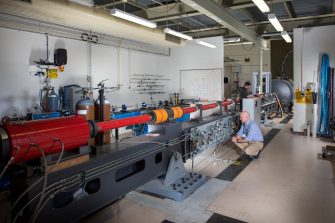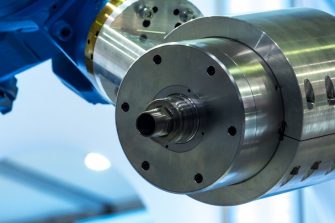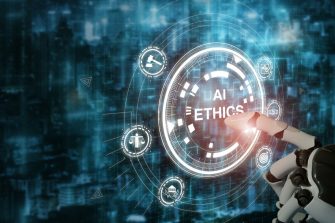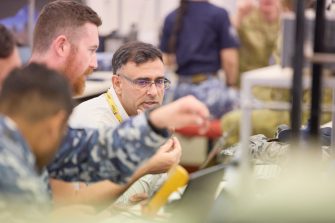Our research
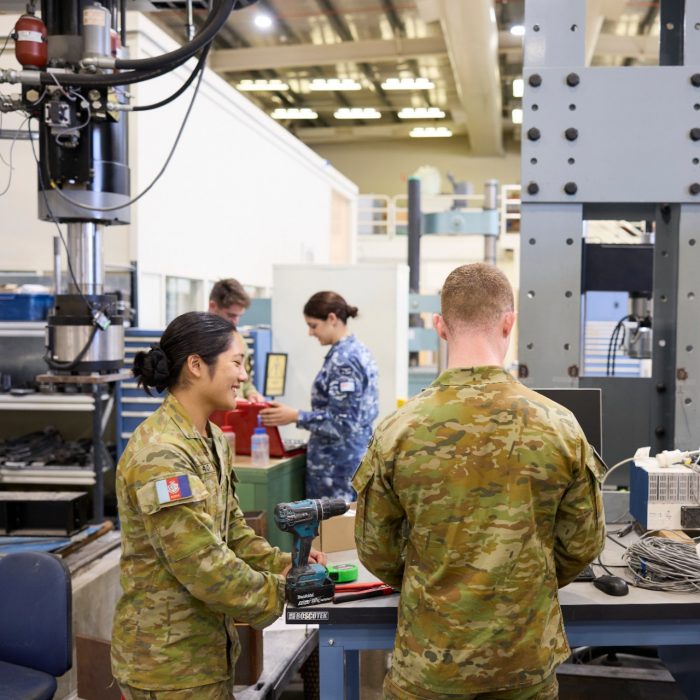
The School of Engineering & Technology at UNSW Canberra is at the forefront of engineering and technology research and further advances our understanding of the world. As a forward-thinking school with a respected voice, our research helps shape our society and our region’s defence and security future. In a wide range of fields, our dedicated researchers are engaged in cutting-edge exploration across areas important to creating a sustainable future.
Join our collaborative community to have a real-world impact and contribute to Australia’s technological edge.
Whether you’re interested in space engineering, robotics, civil engineering, electromagnetics or hypersonics, see how we are creating solutions to the biggest issues facing our planet.


